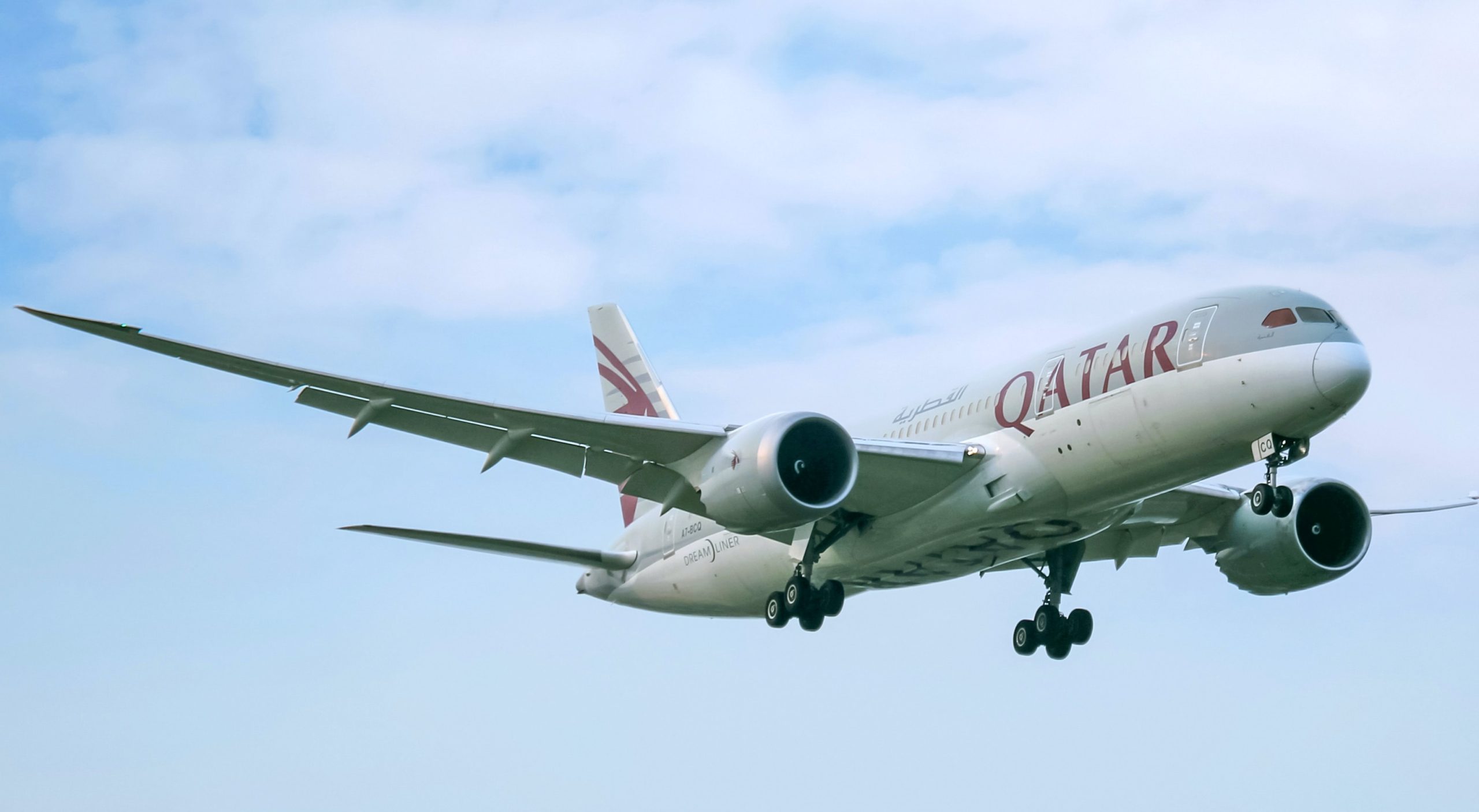Australia’s labour party defended its decision to reject Qatar Airways’ request for additional 21 services despite international air fares continuing to soar.
The Australian government said endorsing a Qatar Airways bid for expanded flights into the country would undermine Australia’s “national interest” despite leading industry experts saying it would help tackle rising travel costs triggered by a lack of flights.
“The government at this time has decided not to approve the Qatar Civil Aviation Authority request for additional services, taking into account all national interest considerations,” the government said in a statement to Guardian Australia.
The government, led by Anthony Albanese, has faced criticism in the past weeks for its refusal of Qatar’s request to increase its services by an additional 21 flights into the nation’s prime airports. Currently, the national carrier operates 28 flights to and from the country.
The persistent high cost of international air fares has been a point of contention, with demand from Australians eager to travel surpassing the supply. Industry experts have suggested that accommodating Qatar Airways with additional capacity could have facilitated the lowering of these fares.
Despite airlines like Qantas, along with other international heavyweights, recording record profits, many are still grappling with constraints in the number of seats and flights they can offer. This is due in part to factors such as aircraft orders, workforce shortages, and strong demand in other continents.
However, Qatar Airways remains one of the few airlines able to extend its services to Australia.
Transport Minister Catherine King initially rebuffed allegations that her refusal of the Qatar Airways request had any connection with the ongoing legal action pursued by several Australian women against the airline.
The lawsuit pertains to an incident from October 2020, which saw the women forcibly removed from their flights in Doha and some subjected to invasive examinations. This was part of a search by authorities for the mother of a newborn baby found abandoned in a plastic bag at the Hamad International Airport’s departure lounge.
While stakeholders from the aviation and tourism sectors, as well as state premiers supported Qatar’s proposal to enhance services, opposition came from Qantas and the women involved in the legal proceedings.
However, when Guardian Australia inquired if the rejection to extend air rights was tied to the lawsuit and broader concerns about human rights in relation to the Qatari state, a spokesperson told them that the decision was made after “taking into account all national interest considerations”.
The emphasis on Australia’s national interest comes after recent allegations that declining Qatar’s request for additional air rights indirectly benefits Qantas. The airline has been cautious in expanding its international operations following the pandemic.
The decision to turn down Qatar had raised questions about the advantage it might give to Qantas, however, foreign policy remains a critical element, reported The Guardian Australia.
Airlines based in countries that hold open skies agreements with Australia face no service or seat restrictions on their operations into the country. However, Qatar’s bilateral air rights continue to be limited.
“Bilateral agreements are merely an extension of foreign policy, and until foreign policy positions on Qatar change, the refusal of additional air rights is essentially a free kick to Qantas. They are profitable but aren’t expanding much right now … so this holds their competition back too,” a source explained to the publication.
Doha News has reached out to Qatar Airways for comment but has yet to receive a response.







